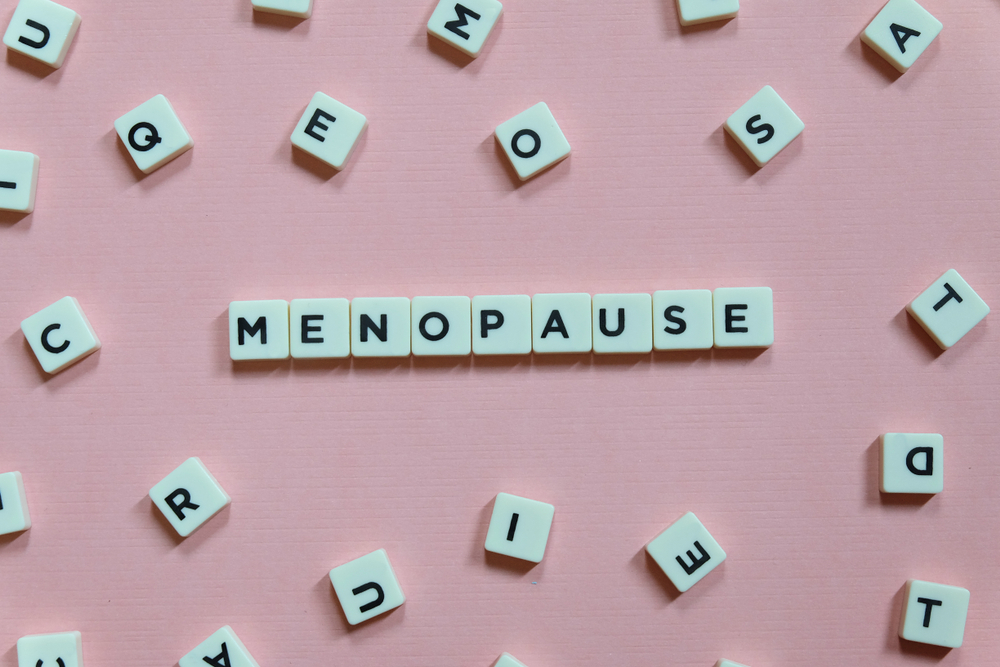Menopause isn’t one sudden event and there isn’t a one-size-fits-all answer. It can occur very differently depending on a wide range of factors, including whether it’s happening naturally or as a result of a medical condition, how much estrogen your body has produced, and even your mental health history.
Here’s how your body changes when you go through menopause:
- Your reproductive cycle shifts
Before you enter menopause, you go through a period called perimenopause, during this time the ovarian function can be unpredictable, with little to no production of estrogen from the ovaries.
When menopause finally occurs, the ovaries stop releasing eggs, as a result, your periods cease and you’re no longer capable of becoming pregnant.
- You’ll experience a range of symptoms
People going through menopause can experience hot flashes, vaginal dryness, night sweats, insomnia, and other symptoms as the body reacts to the slowdown of ovarian production.
- The drop in estrogen can affect your bones
When menopause causes estrogen levels to drop, it also creates knock-on effects for other parts of the body.
For example, menopause can heighten the risk of osteoporosis, in which bones become more brittle.
- Menopause will also change your brain
Estrogen also has many other roles in the body, including neurological health.
Estrogen helps to maintain the proper function of the immune system of the brain, the blood-brain barrier, the system that supports the brain with nutrients, and the brain’s blood vessels.
It is also a key part of brain plasticity, or your ability to learn new things, so naturally, when your estrogen levels drop during menopause your brain will likely be negatively affected.
- Your heart will be affected over time
Like the brain, the heart also relies on estrogen to work properly, it’s key to a properly functioning heart and vascular system.
Estrogen keeps the heart’s artery linings clear and dilated, as well as maintaining the heart’s energy and its internal electrical system. One of the hormones main benefits for heart health is that it helps the body create nitric oxide, which helps the heart’s arteries relax.
Here at Harrow Health Care, our London Menopause Clinic is run by nationally recognised Accredited Menopause Specialist Dr Jane Woyka.



